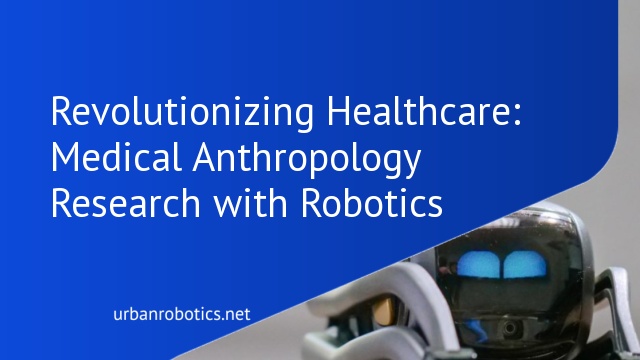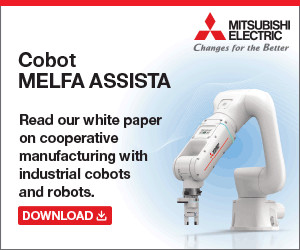Understanding Medical Anthropology
Medical anthropology studies human health, illness, and healing practices through a cultural and social lens. This field examines how cultural beliefs and practices influence health behaviors and healthcare systems. We explore topics like traditional medicine, healthcare disparities, and the impact of globalization on health.
Medical anthropologists use qualitative methods (e.g., interviews, participant observations) to collect data. They immerse themselves in communities to understand health-related experiences and perspectives. For example, they may study how indigenous groups use plant-based remedies or how refugees access healthcare services in urban settings.
Key themes in medical anthropology include the social determinants of health, cultural competence in healthcare delivery, and the ethical implications of medical practices. We analyze how socioeconomic factors like income, education, and living conditions affect health outcomes. Additionally, cultural competence ensures that healthcare providers respect and integrate patients’ cultural contexts into their care.
By understanding these complex interactions, medical anthropologists contribute valuable insights that improve healthcare systems and policies. This knowledge is crucial when integrating advanced technologies like robotics into medical research and practice, ensuring that innovations are ethically and culturally informed.
Evolution of Robotics in Medicine
Robotics has revolutionized the field of medicine, offering new possibilities for diagnosis, treatment, and rehabilitation. This section delves into the journey from early innovations to modern developments.
Early Innovations
The integration of robotics in medicine began in the 1980s. The first notable instance was the Arthrobot, developed in 1983, which assisted in orthopedic surgeries. Another significant step was the Probot, created in the early 1990s for prostate surgery. These innovations focused on enhancing precision and reducing human error in surgical procedures.
Modern Developments
Modern developments have seen robotics become more advanced and widespread. Da Vinci Surgical Systems, introduced in 2000, revolutionized minimally invasive surgery. By 2020, over 5,000 units were in use worldwide. Robotics in medicine now includes robotic-assisted biopsy and remote surgeries, enhancing patient outcomes and expanding medical capabilities.
Intersecting Medical Anthropology and Robotics
Medical anthropology and robotics intersect to address complex healthcare issues through innovative technology. This fusion leverages robotics to improve our understanding and intervention in diverse cultural contexts.
Cultural Perspectives
Cultural perspectives in medical anthropology emphasize how robotics can be adapted to fit within diverse health practices. For instance, telemedicine robots respect cultural norms by facilitating consultations in privacy-sensitive communities. In Japan, robotic caregivers like PARO support elderly care in ways that align with cultural values of respect and care for the elderly. Understanding these cultural nuances ensures that robotic solutions are effective and respectfully integrated into varied healthcare environments.
Ethical Considerations
Ethical considerations arise when integrating robotics into healthcare systems. Patient privacy, consent, and data security are paramount; robotic systems must secure sensitive information and obtain explicit patient consent. The equitable distribution of robotic technologies also requires attention, ensuring all communities, including marginalized ones, have access. Transparent protocols and regulations help maintain trust and uphold ethical standards in robot-assisted healthcare, fostering a more inclusive and fair healthcare landscape.
Case Studies in Medical Anthropology and Robotics
Robotic Surgery
Robotic surgery integrates precision technology with surgical expertise, enhancing patient outcomes. Surgeons utilize systems such as the Da Vinci Surgical System to perform minimally invasive procedures. These systems reduce recovery times and infection risks. In various cultures, the acceptance of robotic surgery depends on religious and societal norms. For instance, in certain regions, the introduction of robotic surgery involves addressing beliefs around machine and human interaction. Researchers in medical anthropology study these cultural implications to tailor surgical robotics to diverse communities effectively, ensuring broader acceptance and utilization.
Assisted Living Technologies
Assisted living technologies support elderly and disabled individuals in maintaining independence. Innovations like robotic caregivers aid with daily activities such as medication reminders and mobility assistance. In Japan, these technologies address the needs of an aging population, integrating seamlessly into traditional caregiving practices. Anthropologists examine how different societies perceive robotic companions, focusing on trust, emotional response, and social acceptance. Understanding these factors helps in designing robots that cater to the specific cultural context, fostering a sense of familiarity and ease among users.
Challenges and Future Directions
Integrating robotics with medical anthropology presents both obstacles and opportunities. Identifying these challenges and mapping future pathways is crucial for advancing this interdisciplinary field.
Technological Barriers
Advanced robotics and medical anthropology face several technological hurdles. First, interoperability between various robotic systems and healthcare infrastructures remains limited, hindering seamless integration. Second, the high costs of developing and deploying robots restrict their availability in low-resource settings. Lastly, the complexity of programming robots to understand and adapt to diverse cultural health behaviors poses significant challenges. Addressing these barriers necessitates interdisciplinary collaboration and innovative solutions to enhance system compatibility, reduce costs, and improve cultural adaptability.
Societal Impact
Robots in healthcare significantly impact society, influencing both perceptions and practices. Trust in robotic caregivers and surgeons varies widely, affecting acceptance and reliance. While some cultures readily embrace robotic assistance, others exhibit skepticism, requiring targeted strategies to build confidence. Moreover, ethical concerns about privacy, consent, and equitable access persist, necessitating continuous anthropological research to ensure culturally sensitive implementations. Balancing these societal impacts is key to integrating robotics into holistic healthcare models that respect and enhance community norms and values.
Conclusion
Medical anthropology research with robotics offers a transformative approach to healthcare. By blending cultural insights with cutting-edge technology we can address healthcare disparities and improve patient outcomes. The advancements in robotic surgery and assisted living technologies showcase the potential for culturally competent and ethical healthcare solutions. However overcoming technological and societal challenges remains crucial. Interdisciplinary collaboration and culturally sensitive implementations are essential to ensure that robot-assisted healthcare is inclusive and fair for all. As we move forward let’s embrace the synergy between medical anthropology and robotics to create a more equitable healthcare landscape.





